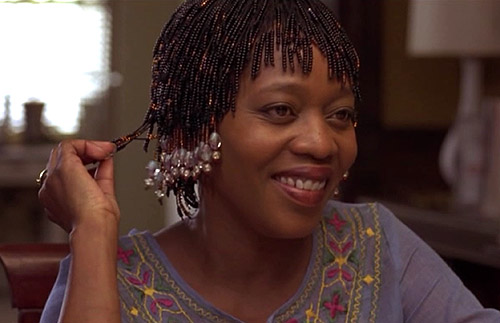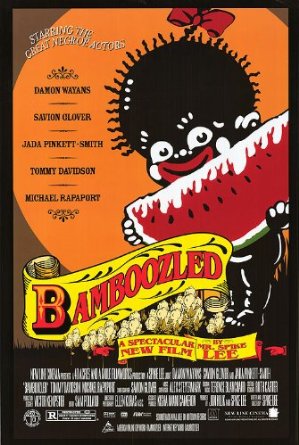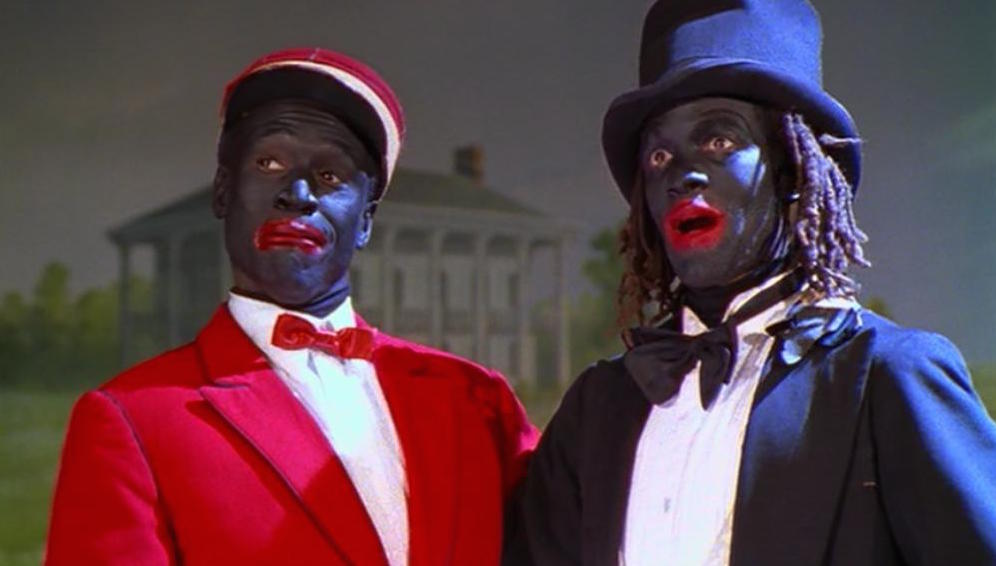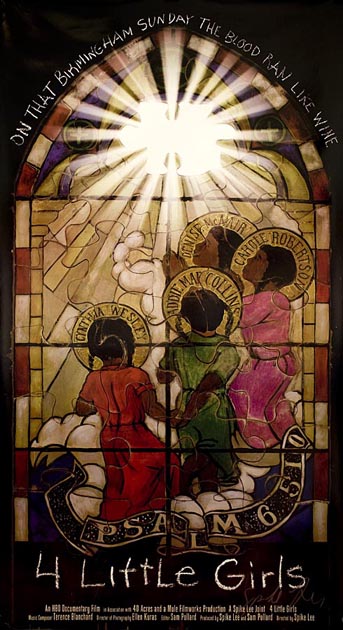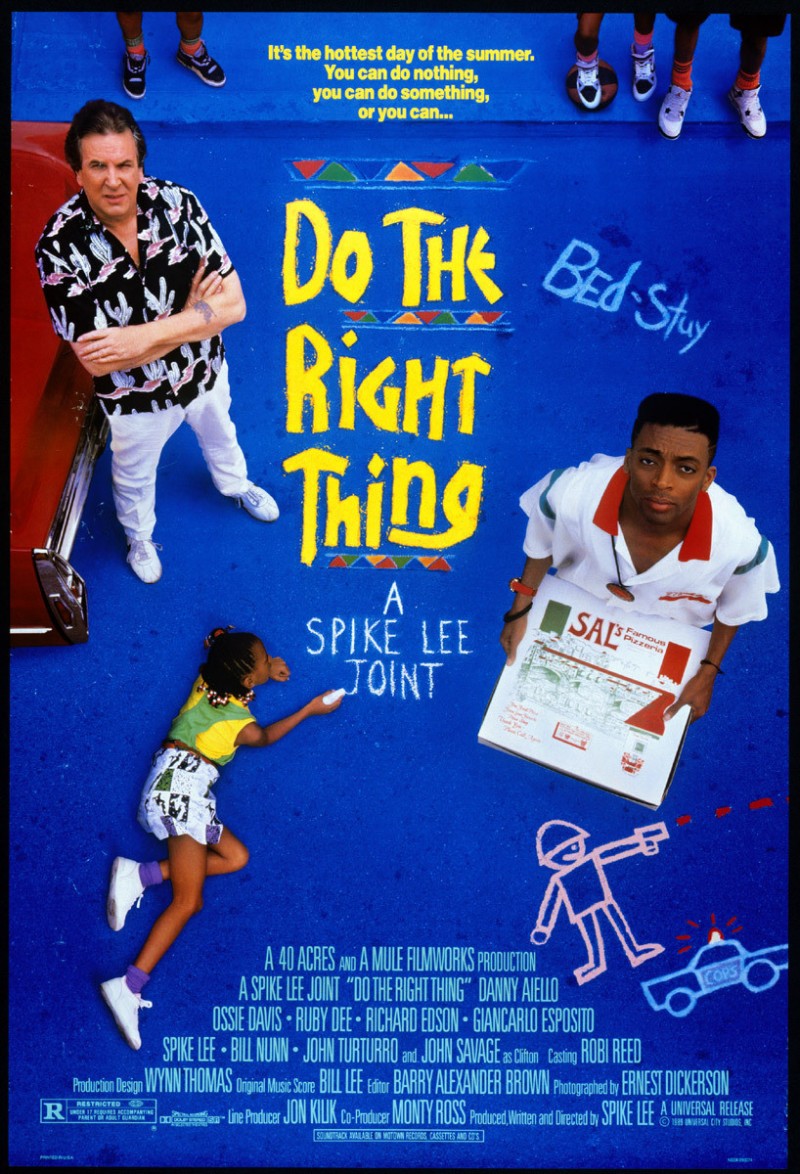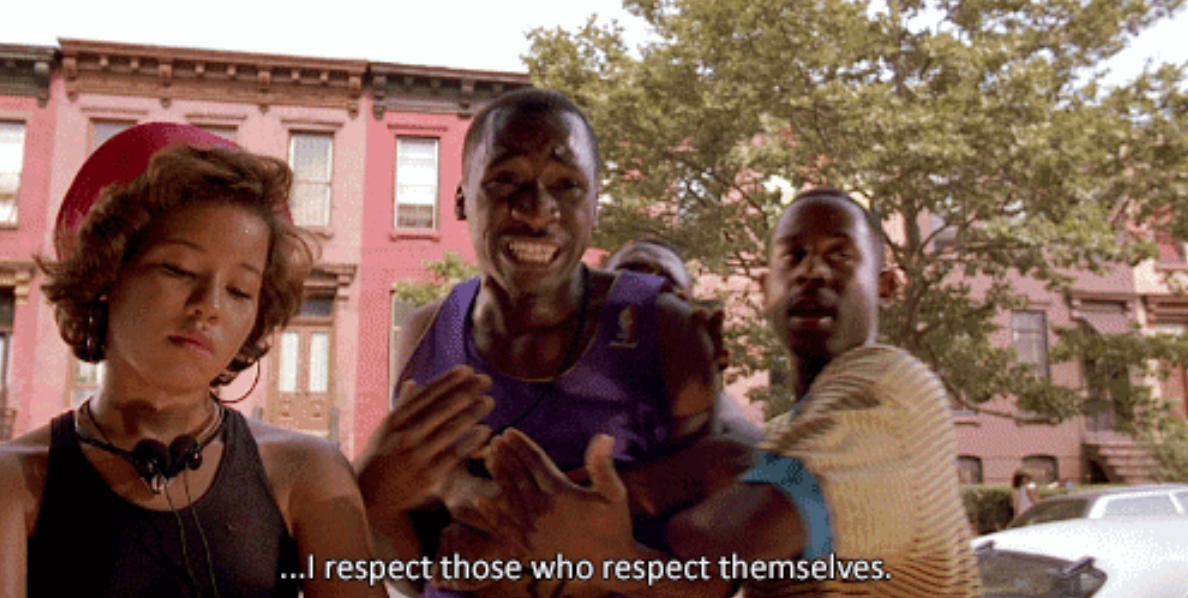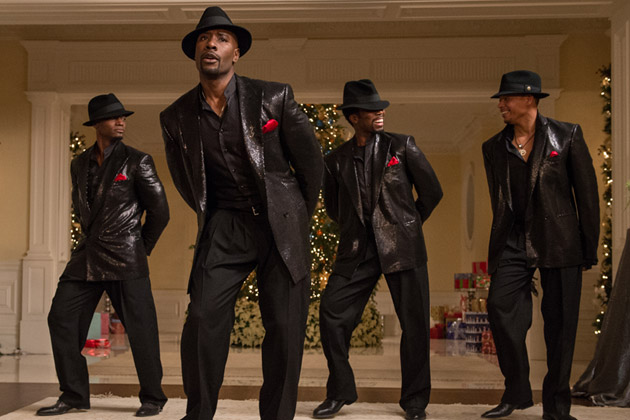Spike Lee's Overlooked and Exuberant "Crooklyn"
 Thursday, November 12, 2015 at 4:15PM
Thursday, November 12, 2015 at 4:15PM TFE is celebrating the three Honorary Oscar winners this week. Here's Kieran discussing one of Spike Lee's warmest and most underappreciated films.
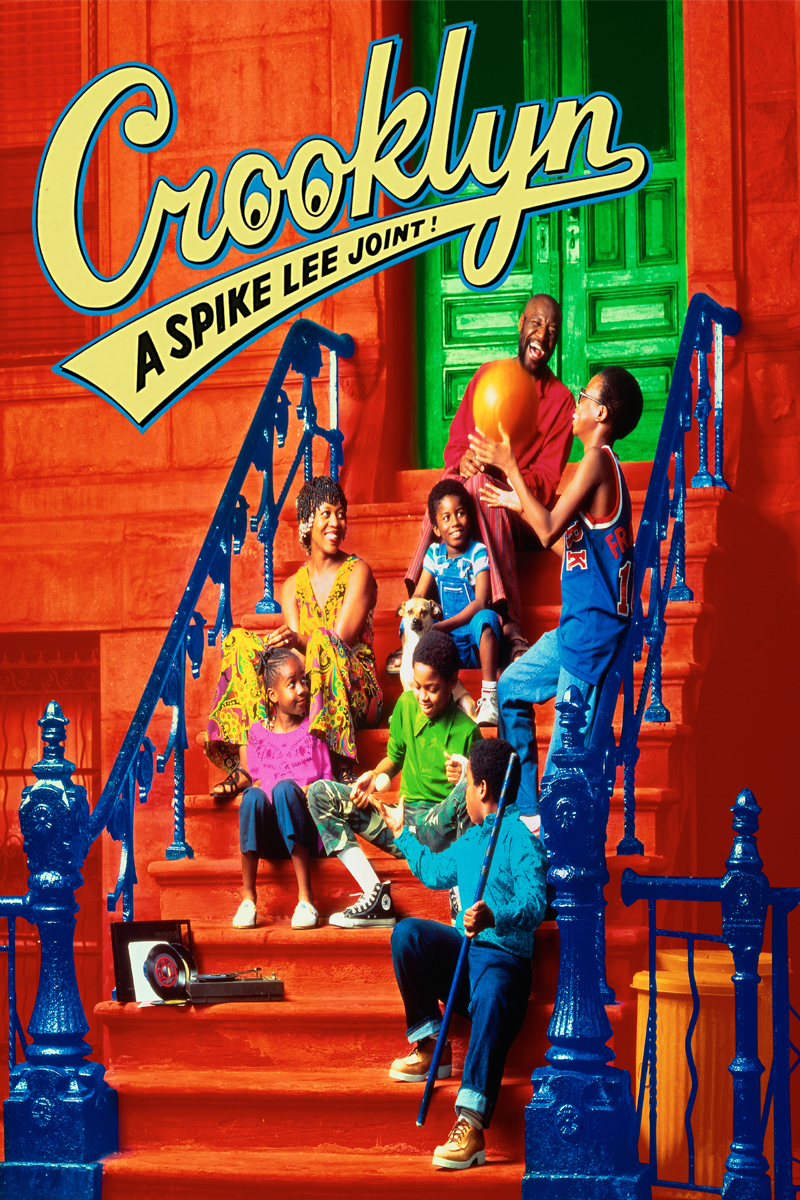 For better or worse, you can often feel a larger thesis statement, be it about race and/or American culture at large, running through much of Spike Lee’s work. His films also feel incredibly male in their perspective. Even his few films that foreground women (She’s Gotta Have It and Girl 6) feel enveloped by the male gaze, despite their many other virtues. These are just a couple of reasons why Lee’s semi-autobiographical slice-of-life dramedy Crooklyn feels like a bit of a curio.
For better or worse, you can often feel a larger thesis statement, be it about race and/or American culture at large, running through much of Spike Lee’s work. His films also feel incredibly male in their perspective. Even his few films that foreground women (She’s Gotta Have It and Girl 6) feel enveloped by the male gaze, despite their many other virtues. These are just a couple of reasons why Lee’s semi-autobiographical slice-of-life dramedy Crooklyn feels like a bit of a curio.
Crooklyn is set in the summer of 1973 in the Bedford-Stuyvesant neighborhood of Brooklyn, where Lee himself grew up. Nine-year-old Troy Carmichael (Zelda Harris) is the only girl in a brood that includes four rowdy brothers. Though often put-upon and teased, Troy is tough, clever, funny and every bit the daughter of her equally strong-willed mother, Carolyn (a radiant Alfre Woodard). More so than any other film Lee has directed, Crooklyn is wholly interested in the inner-life, motivations and perspective of its female characters. Even Woody (Delroy Lindo), the family patriarch and easily the most fleshed out male character in the joint still feels like an afterthought compared to how focused the narrative is on Troy and Carolyn. How Alfre Woodard's anchoring performance failed to garner any Oscar traction, especially when one looks at the outlet mall fire sale irregulars that were the Best Actress nominees of 1994 is confounding.



